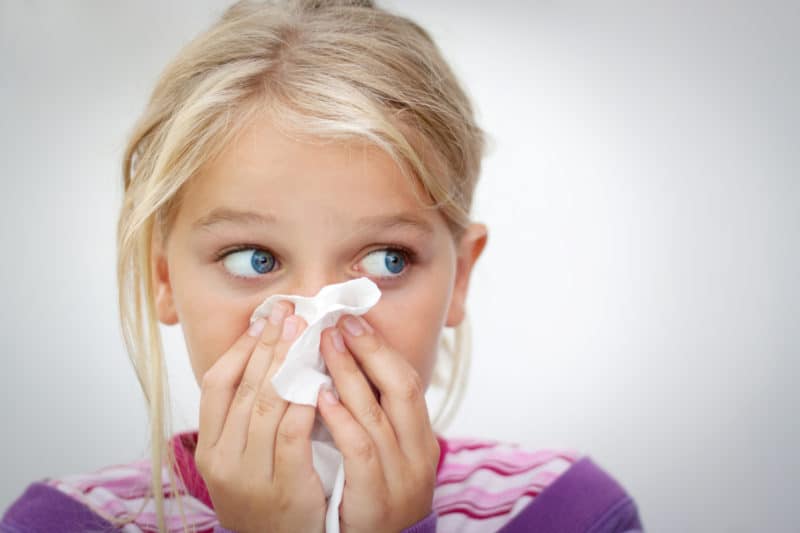Common Allergens
Common Allergens in the Air
When your body has an allergic reaction, it produces a protein called Immunoglobulin E because it is attacking your immune system. It’s your body’s response to over reacting to foreign objects entering your system. It attacks your cells and releases certain chemicals that trigger your allergic reaction.
Signs that you are having a mild allergic reaction can cause a runny or stuffy nose, itchy or watery eyes, coughing, sneezing, and hives. Signs that you are having a more serious reaction or signs that your body is going into anaphylactic shock include, swollen lips, tongue, eye sockets, or facial features, wheezing and shortness of breath, hives all over, clammy skin, feeling anxious and lightheaded, or loss of consciousness and confusion.

Allergic Contact Dermatitis
This happens when your skin comes in direct contact with something that your body is allergic to. A reaction on your skin can appear as bright red, swollen, itchy, patches of skin discoloration, raised bumps, swollen, or scaly. Deeper levels of an allergic skin reaction would be called Angioedema.
Common types of allergens your skin could suffer an allergic reaction to:
Latex / Rubber
- Gloves
- Erasers
- Balloons
- Condoms
- Rubber bands
- Paint
- Bandages
Clothing Material
- Fibers
- Dyes
- Note: If allergies are a common problem in your life it is probably safe to steer clear of wool or other animal fur
Nickel
- Eyeglasses
- Jewelry
- Fashion Belts
Preservatives
One of the most common skin allergens. These are used to extend the shelf life of certain products.
- Shampoo
- Conditioner
- Sunscreens
- Face makeup
- Pharmaceuticals
- Hair color
- Baby wipes
- Detergents
- Moisturizers
They’re hidden to consumers using the scientific names that act as a formaldehyde releaser called:
- Diazolidinyl Urea
- Bromo Nitropropane
- Isothiazolinone
Ultraviolet Light
Tanning beds or booths that have UV Lamps. Your skin can develop a heat rash which appears as small raised red/pink bumps on the surface layer of your skin. Most commonly found on your inner things and arms.
Topical Medicinal Allergens
Burn ointments or other creams that can worsen your skin problems when you’re suffering from an allergic reaction include Hydrocortisone, Neomycin, Benzocaine, and Bacitracin.
Ingestible Allergens
Ingestible Allergens can also lead to the same skin problems as listed above. These include but are not limited to:
Airborne allergens
- Mold
- Pollen
- Dust
Foods
- Peanuts
- Tree nuts – Cashews, Walnuts, Almonds, Pecans, Macadamia Nuts, Pistachios, Hazelnuts, and Brazil Nuts
- Shellfish
- Fish
- Soy
- Dairy
- Wheat
- Fresh Fruits
- Vegetables
Insects
- Dust mites
- Cockroaches
- Bees
- Hornets
- Fire ants
- Wasps
Medications
- Amoxicillin
- Penicillin
- Morphine
- Aspirin
- Chemotherapy Drugs
- Sulfa
- Ibuprofen
Animals
- Hair and Dander
Treatments
For mild to moderate skin allergies, the best way for instant relief includes using a moisturizing cream, applying an anti-itch cream, applying a cold wet compress, taking a lukewarm bath, taking an oatmeal bath, or taking an antihistamine.
For more severe allergic reactions, antihistamines, steroids, decongestants, or epinephrine auto-injectors can all be used to treat ones symptoms. An individual could also undergo immunotherapy which would be given as a shot or drops placed under the tongue, or learn what you’re allergic to early on and avoid said allergens all together. Contact us to set up an appointment and get your common allergens under control.
